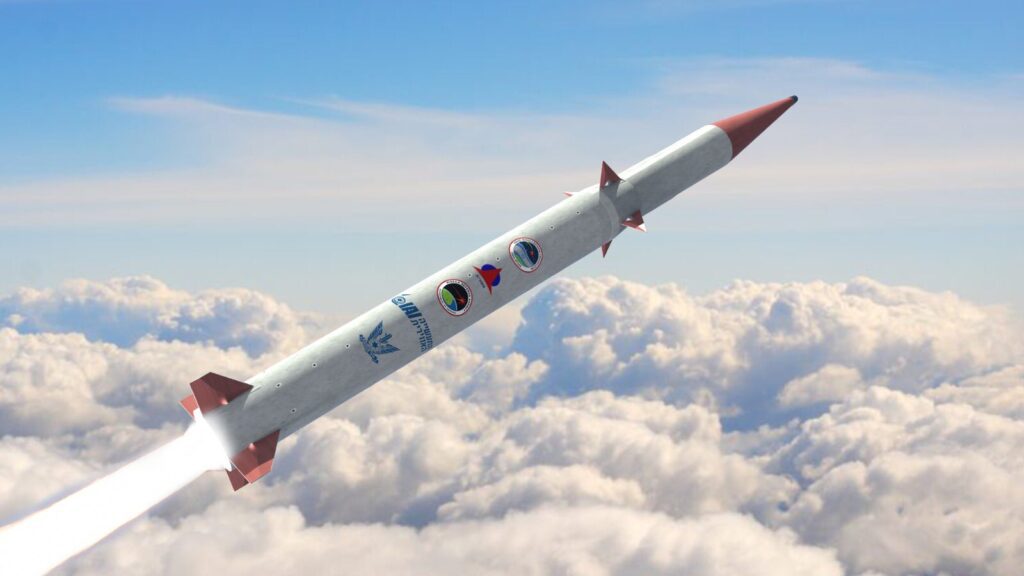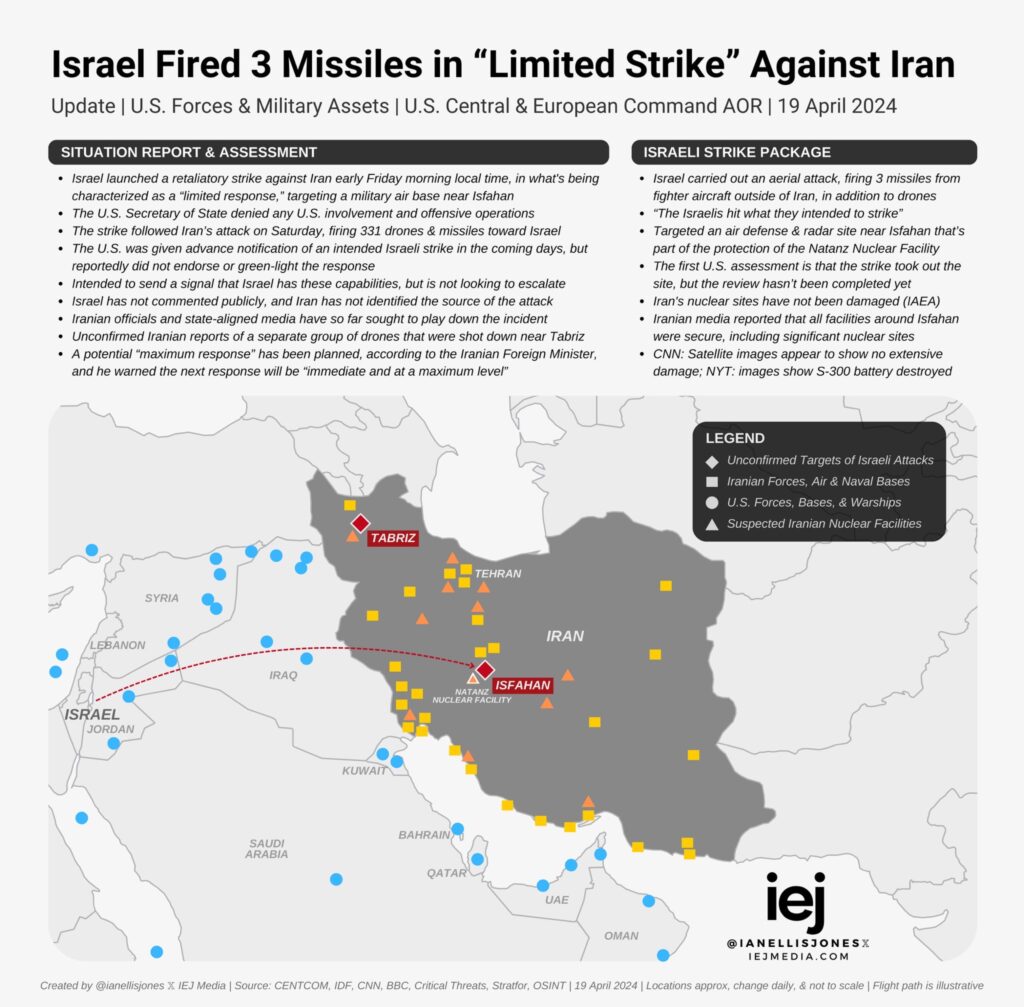Chinese customs authorities are tightening import restrictions in response to concerns that contaminated frozen foods and food packaging can transmit the coronavirus. The WHO has said that the risk of such transmission is minimal, but China's Customs Administration has already suspended imports from 99 suppliers in 20 countries in response to positive samples found in imported beef, pork, and seafood.
Though some foreign diplomats have privately complained that Beijing is using infection risk as a pretext to impose politically-motivated import bans, this possibility appears unlikely. The list of affected countries does not appear to correlate with the current state of these countries' bilateral relations with China. Authorities have detected the virus on food exports from countries including Germany, France, New Zealand, Brazil, Bolivia, and Argentina, though the full list of affected countries and companies is not public.
Rather than geopolitics, Chinese authorities appear to be acting out of excess caution. For customs officials and local governments, the balance of incentives strongly favors overreaction. Recent incidents suggest that officials can face punishment if food and packaging samples test positive for the virus, even if the link between these samples and human infections is not conclusive. Reports that the virus originated at a meat and seafood market in Wuhan, though still unconfirmed, raise the apparent plausibility of transmission through these products. A vice director of China's National Health Commission warned on 12 November that virus control efforts must “not relax one bit” as winter approaches. The Customs Administration has conducted tests on more than 873,000 food samples, with only 13 of those testing positive for the virus.
In Beijing, the local Centers for Disease Control (CDC) traced an outbreak that affected 335 people in June to imported salmon sold at a wholesale food market. Genome sequencing of the infected samples showed that the virus strain differed from the one seen in earlier outbreaks in Beijing and elsewhere in northern China. Rather, the June strain resembled one common in Europe, according to a peer-reviewed paper in a scientific journal published by the Chinese Academy of Science.
In the east coastal port city of Qingdao, two officials were fired in mid-October for failing to prevent a small outbreak. After two dock workers in Qingdao contracted the virus, an inspection by the national CDC revealed traces of the virus on packages of frozen cod that the workers had handled. In the port city of Tianjin, authorities declared “wartime mode” on 8 November after discovering an asymptomatic case in a loader who worked in a cold storage facility. They also found traces of the virus on the outer packaging of frozen pork knuckles imported from Germany. In Shanghai, an airport worker was infected despite having no direct contact with infected patients, authorities said.
Food importers and cold-chain processing and warehousing companies now face tighter testing and disinfection requirements, which are causing some bottlenecks as facilities adapt to the new rules. Specific regulations may also vary by locality. Shanghai announced new mandatory testing and disinfection procedures on 15 November.






